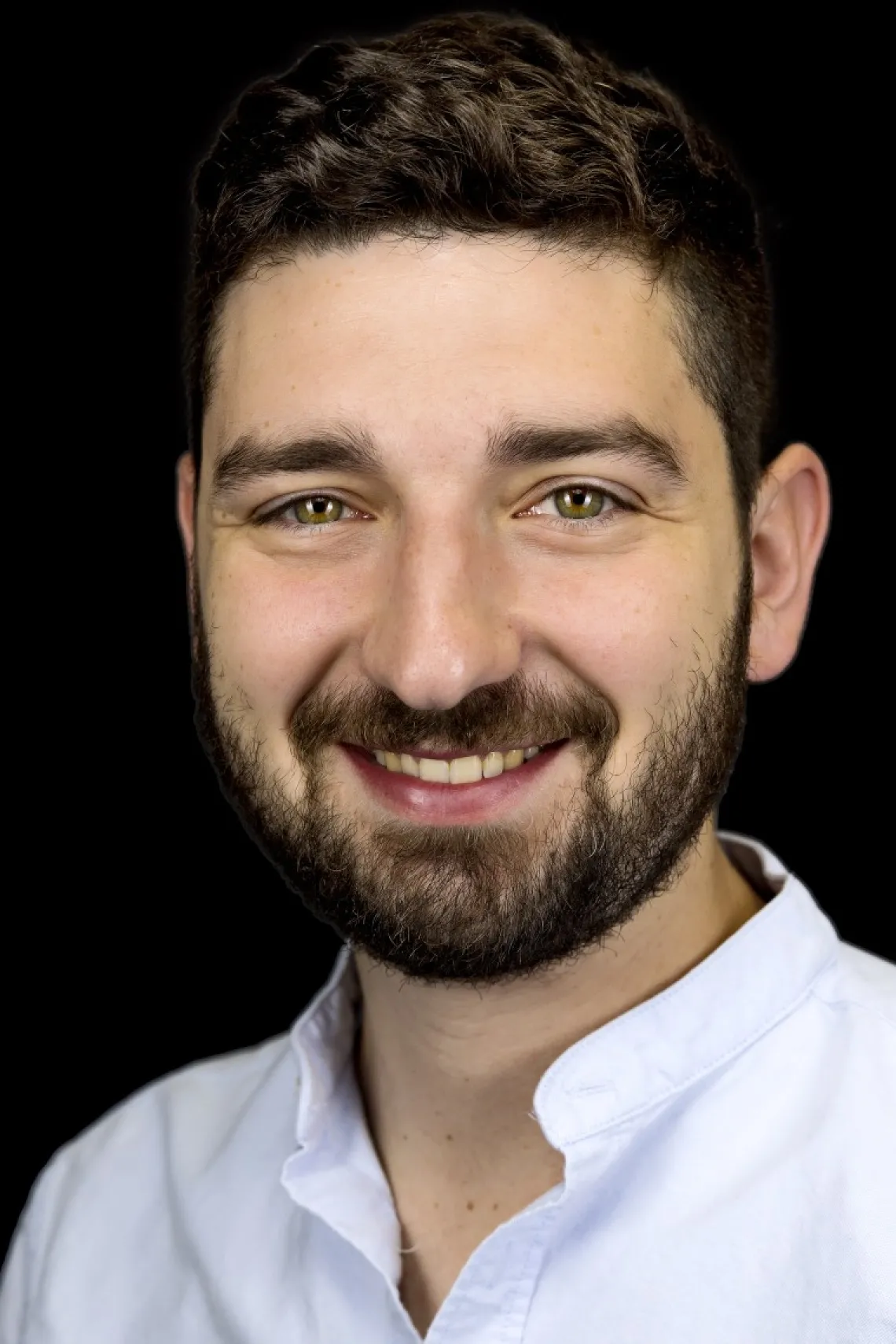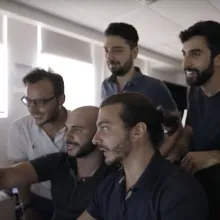Meet Dr. Federici!

The columnar College of Engineering building harbors a group of researchers working to push the boundaries of aerospace systems capabilities, one of whom is Dr. Lorenzo Federici, a postdoc and aerospace engineer in the Space Systems Engineering Laboratory (SSEL). Dr. Federici is applying Reinforcement Learning techniques to create autonomous spacecraft guidance and navigation systems. His research is focused on producing algorithms that run on spacecraft computers, which learn how problems in space can be solved without human assistance. More precisely, he applies artificial intelligence to space guidance and navigation, helping spacecraft travel through space more effectively. It is a new frontier in space engineering technology.
Dr. Federici also collaborates with a new unit called Space4 Center that collects data from telescopes located at Biosphere 2. He automates these telescopes to track the orbits of objects, such as satellites and lost rocket boosters, as they travel around our Earth and moon. Dr. Federici has also published on image-based reinforcement learning methods, which use cameras as onboard sensors to gather data about the surrounding environment so that the spacecraft can make decisions based on the real-time information they receive.

Last year, Dr. Federici received a Postdoctoral Research Development Grant to purchase hardware to test SSEL’s computer algorithms:
“...we train these neural networks to learn to solve problems by themselves, [and then] verify if they are flexible or not, if they are robust and work as they’re expected to, and if they are better than traditional methodologies that require more men in the loop.”
Dr. Federici mentioned how much he enjoys working at SSEL with a very collaborative group of researchers, including another postdoc, Dr. Andrea D’Ambrosio, who specializes in physics-informed machine learning and shares Dr. Federici’s taste for coffee from the lab’s shared espresso machine. Dr. Federici plans to apply SSEL’s autonomous methods to expeditions in the near future and continue to advance space guidance and navigation processes.
Read Dr. Federici’s publications with this link:
Learn about Space4 with this link:
